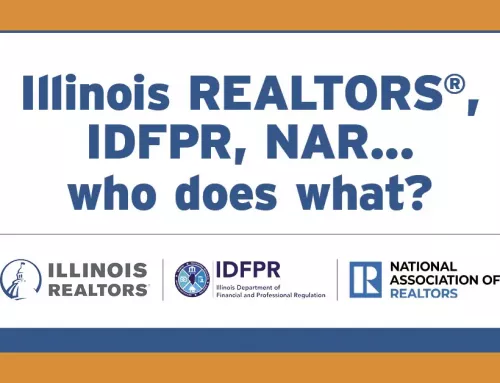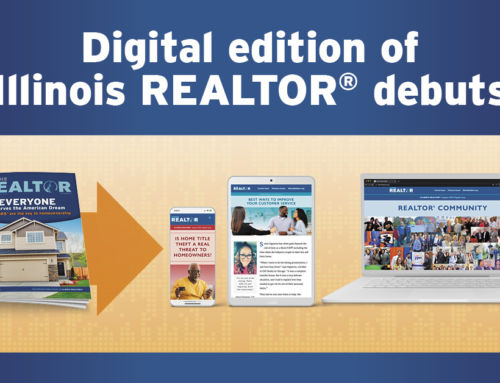Several of our local Governmental Affairs Directors (GADs) have been dealing with inspection issues in municipalities throughout Illinois in 2021. Whether it’s attempting to reform existing point of sale home inspection programs or amending proposals on rental inspections, the GADs are looking out for the interests of REALTORS®, owners, buyers and sellers.
Inspection requirements can be a thorny issue. While we prefer that municipalities stay away from real estate transactions and from examining residences, we understand the public policy objective of property maintenance. Cities do have a compelling interest in making sure that properties are habitable and safe. While there are several ways to achieve this without systematic inspection programs, several municipalities have chosen that route.
This year, we’ve dealt with issues in the following towns:
- Park Forest and Round Lake Beach. Reforms in the home inspection process have taken place this year. Also, in a bit of good news, Evergreen Park plans to stop doing point of sale inspections. (See Park Forest and Evergreen Park sidebar.)
- Joliet is considering inspections of single-family homes that are rented out.
- In some Metro-East municipalities, discussions are ongoing about possible improvements in inspection procedures.
- Fire safety-related issues continue to come up in Chicago, with some urging additional inspections of rental properties.
- Niles eliminated its point-of-sale home inspection requirement.
As we negotiate on these kinds of proposals, we work to ensure that these programs are as unintrusive as possible. We strongly encourage any municipal inspection ordinances to include the following provisions:
- Timeframe requirements on the municipality to make sure that inspections are done in a timely manner and do not substantially interfere with transactions.
- Reasonable inspection fees. If fees are imposed, the amounts should reasonably reflect the cost to conduct the actual inspection. In other words, the revenue from such fees should not be general revenue raisers for the municipality.
- Owner consent. There needs to be a consent provision in the ordinance. This is a clear requirement on the municipality to seek consent from the owner of the property prior to an inspector entering the property. This is a Constitutional issue, and therefore should not be omitted from any municipal ordinance, including home rule units.
- Transparency in the process is important. Sellers and buyers need to know — prior to inspection — what the inspectors will be looking for. A standard checklist, publicly available, can be helpful with this.
- With rental properties, a performance-based set of standards is good. For example, if a landlord’s property passes an inspection with minor or no violations, the next regular inspection should be delayed a year or two. This works as a good incentive to regularly maintain properties.



















